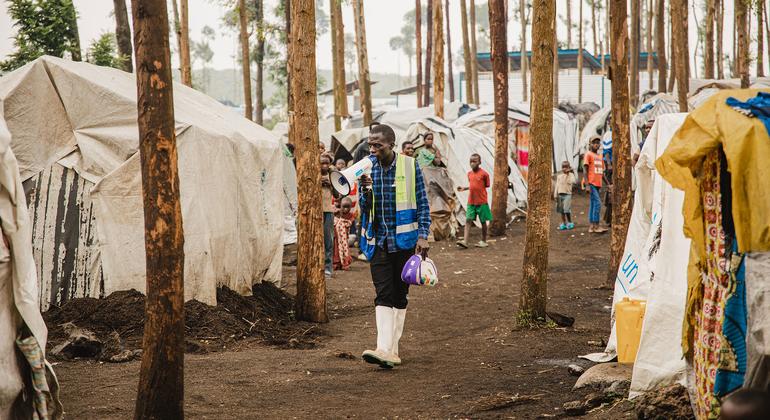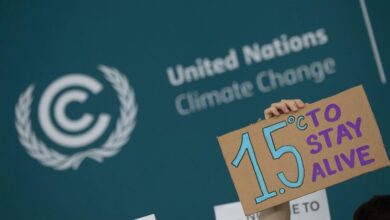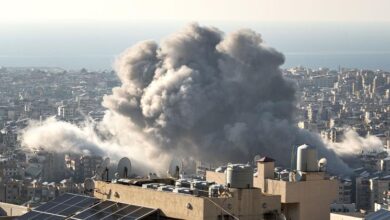UN special envoy highlights alarming violence and neglected humanitarian crisis in Democratic Republic of Congo


The Special Representative of the Secretary-General, Bintou Keita, announced Security Council about an attack on the residence of a Congolese politician in which two policemen were killed.
Rapid expansion of M23
Ms. Keita, who is also the head of the United Nations peacekeeping mission in the country (MONUSCO), expressed deep concern about the rapid growth of armed groups March 23 Movement (M23) in North and South Kivu provinces.
The group has seized strategic positions in North Kivu, including the territories of Kanyabayonga, Lubero and Rutshuru over the past two weeks.
In the latest offensive, M23 and its supporters burned down several DRC Armed Forces (FARDC) bases, causing further displacement and exacerbating the already dire humanitarian and human rights situation.
Ms Keita said other M23 attacks had killed and injured a number of civilians and heightened tensions in the community, warning that “the rapidly escalating M23 crisis poses a real risk of triggering a wider regional conflict”.
Gender-based violence
Ms. Keita also reported an increase in sexual and gender-based violence cases with 122,960 cases recorded in 2023, an increase of 3% compared to 2022.
Female victims, including girls, accounted for nearly 90 percent of all cases, while sexual violence against children increased by 40 percent.
“This is just the tip of the iceberg, as many cases remain unreported,” she said, warning that 2024 could see even higher numbers of gender-based violence cases.
The terrible humanitarian crisis
The Special Representative further informed the Security Council that the DRC is facing one of the most serious, complex and neglected humanitarian crises of our time.
“The escalating violence in the east continues to cause mass displacement, exacerbating an already dire humanitarian situation,” said Ms. Keita.
Some 7.3 million people were displaced in the country, mostly in the east.
Humanitarian efforts are facing complex challenges due to the proximity of the front lines of conflict and heavy weaponry surrounding displacement camps, she said.
Address the root cause
Ms. Keita called on member states and regional organizations to increase their engagement in political and regional solutions to alleviate humanitarian suffering.
She called on them to recommit to addressing the root causes of conflicts that have led to significant increases in humanitarian needs.




